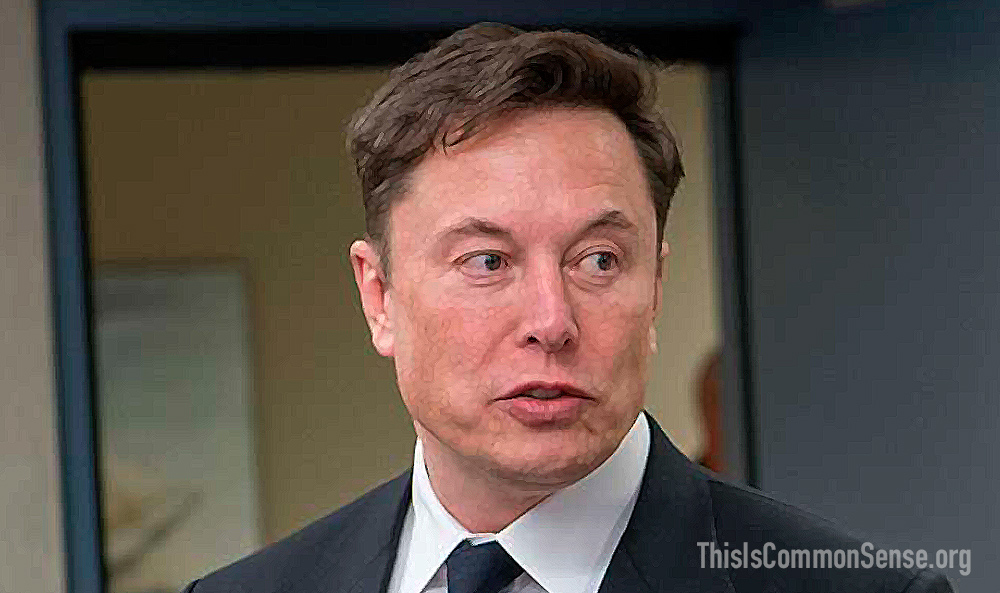At least once a month the same hoary “meme” lands in my social media feed, an incensed objection to calling Social Security benefits “entitlements”: Why, Social Security isn’t an entitlement, it’s an earned benefit! We’ve been paying for it all our lives!
This old chestnut is a sad indicator that American education isn’t up to snuff and an even sadder indicator that people are especially confused about the country’s biggest wealth transfer program.
An “entitlement” is something one is owed. We are entitled to Social Security benefits, it is said, because we are forced to pay into the fund. That’s why it’s called an “entitlement program.”
That being said, it sadly isn’t. Social Security has never been run soundly as a pension fund. From the beginning, and by design, politicians have used it as a way to buy votes, but — in typical politician fashion — they have lied about it.
But the Supreme Court hasn’t. That body has made it quite clear that Social Security is not an entitlement program, but a mere “welfare” program, subject to the whims and wiles of tax-and-spend politicians.
Because of the lies and evasions, American voters remain perennially confused, and get very uncomfortable when the insolvency issue is brought up. Hence the issue’s long status as the “third rail” of American politics, with the frontrunners in the current presidential race each accusing the other of seeking to touch that rail.
Nevertheless, Eric Boehm notes at Reason, a few Republican challengers now talk about a major overhaul. Chris Christie wants means testing; Nikki Haley wants to raise the retirement age. Vivek Ramaswamy says we must act sooner rather than later, but Tim Scott said seniors shouldn’t take any cuts — which Boehm notes misses the true nature of the problem.
So, is the GOP finally getting serious?
I wouldn’t bet my retirement on it.
This is Common Sense. I’m Paul Jacob.
Illustration created with Firefly and PicFinder
See all recent commentary
(simplified and organized)
See recent popular posts















 Oh, and why hasn’t the doubled amount spent on public K‑12 schooling in my lifetime led to better schools or better-educated grads?
Oh, and why hasn’t the doubled amount spent on public K‑12 schooling in my lifetime led to better schools or better-educated grads?
